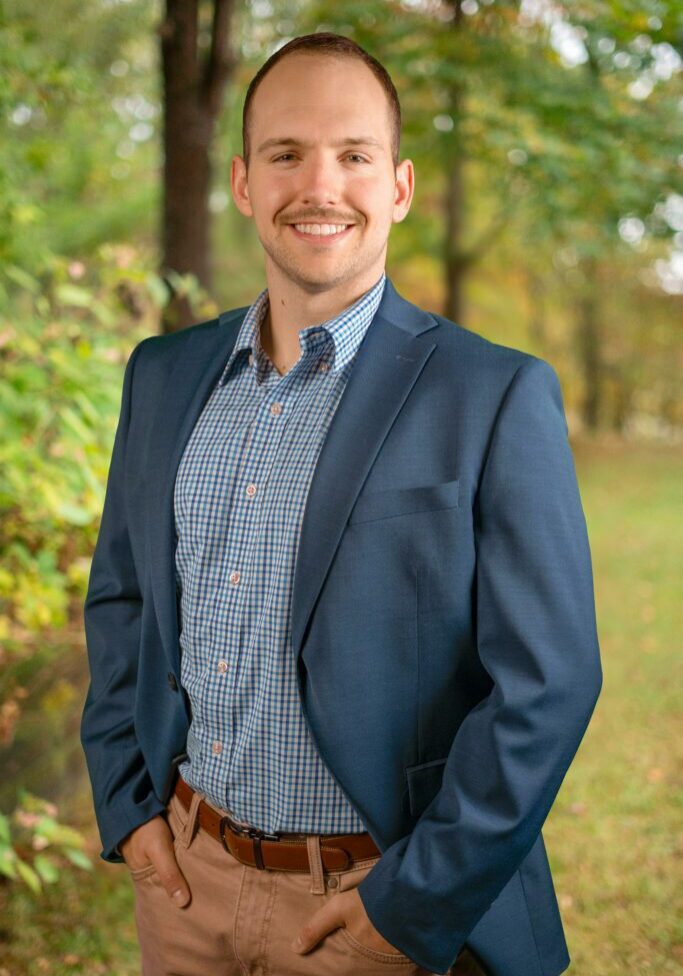Nearsightedness & Myopia
If you’ve ever struggled to read a road sign from a distance or a clock from across the room, you may be facing the same condition as 40% of Americans. Myopia, or nearsightedness, is your eye’s lack of ability to focus on things more than a few feet away.
Most people who suffer from myopia don’t struggle to focus on a book or computer screen but have trouble creating crisp images of things across the room.
Myopia is caused when your eyes focus light at a point in the eye, instead of on the retina. A properly functioning eye’s focus point will always hit the retina with perfect clarity, while an eye that is too long will not focus on the surface of the retina. This nearsightedness can be treated in a few different ways.
Bifocal glasses can help focus on these far-away points and can be effective when driving, seeing a whiteboard, or watching a movie. Contact lenses can have the same effect and will either need to be worn all day or as needed, depending on the severity of your myopia. There’s also orthokeratology, which doesn’t require any surgery, but instead uses rigid gas permeable (RGP or GP) contact lenses. These lenses are designed to be worn at night and reshape the cornea so that your vision is spot-on during the day. These contacts work like a retainer, intending to be worn to bed indefinitely by patients with mild to moderate myopia. Another option for serious myopia is refractive surgery. This surgery typically uses a laser, such as PRK and LASIK procedures. For children, atropine eye drops have proven to be effective at slowing down myopia progression, although some children have had negative reactions to this Solution.
For some people, living with nearsightedness is a minor nuisance. For others, it could mean sacrificing their safety or their quality of life. If you are tired of living with myopia, Vision Clinic would love to help you find a solution. Stop by any of our locations and we’ll help you find the glasses, contacts, or eyedrops that will change your life!













